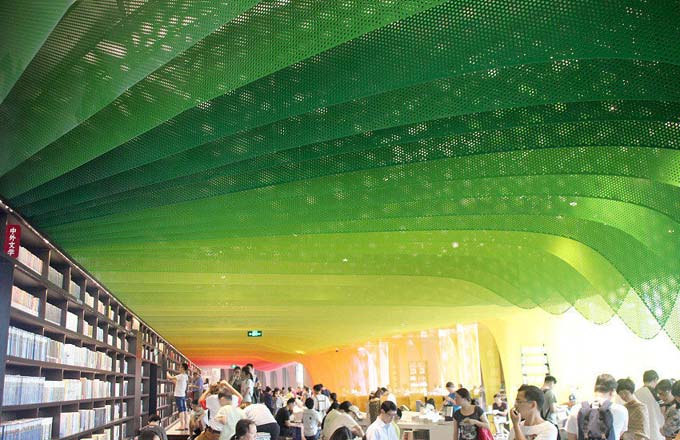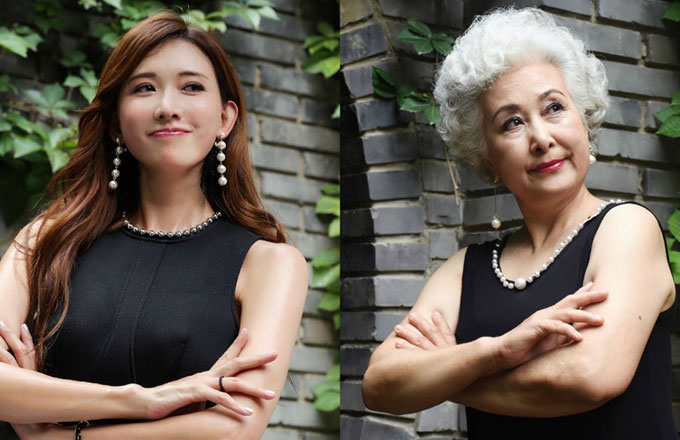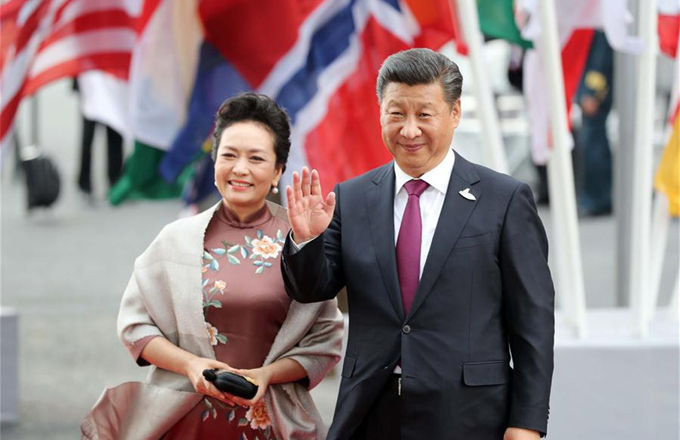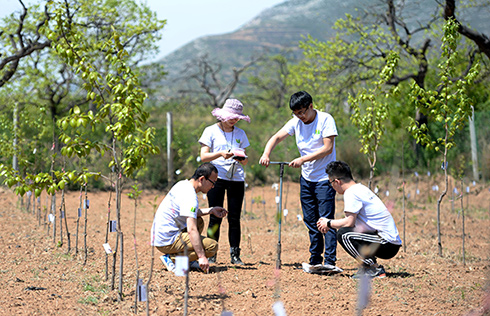Lin Boqu
Lin Boqu (1886-1960), with the given name Zuhan and an extra title Suiyuan, was born in Shuijing, Linli County, Hunan province.
Lin got his early education from his father. In the year of 1902, he was admitted to the Xilu Teachers College of Hunan where he read some revolutionary books and pamphlets and met Xiong Xiling who had a deep impact on his worldview. In 1903, Lin ranked 1st on a list of selected students who would get an opportunity to further their academic learning in Hirofumi College in Japan.
During his stay in Japan, he came to know Sun Yat-sen, Huang Xing, Song Jiaoren, Chen Tianhua, Liao Zhongkai and many other democratic and revolutionary fighters. He joined the Chinese Revolutionary League in Tokyo. In November 1905, the Japanese Ministry of Education set and enforced laws to ban foreign students from the Qing Dynasty. Lin was extremely angry about this law and so he decided to return to his home. Following his return, he secretly took part in the anti-Qing revolutionary movement. Then he returned to Hunan to join the anti-Yuan Shikai campaign. After the failure of this movement, he fled to Japan in May 1913.
On July 8th, 1914, Lin and his brother Lin Xiumei took part in the Chinese Revolutionary Party's inaugural meeting which was held in Tokyo. At the meeting, Sun Yat-sen asked the participants to sign the Revolutionary Party of China Pledge, which was opposed by many participants at the time. However, Lin and his brother decided to sign it. Sun was extremely grateful for this approval.
On March 20th, 1926, Chiang Kai-shek plotted the Zhongshan Warship Incident. Lin resigned from the KMT Central Committee and joined the National Revolutionary Army, becoming the Special Branch Director of the Sixth Army Party. On July 15th , 1927, The Government of the Republic of China was restructured. Lin went to Jiangxi Province to participate in the Nanchang Uprising as Chairman of the Revolutionary Committee and the Finance Committee. After the failure of this uprising, he was sent by the CPC to Moscow to study at Zhongshan University, where he studied China’s land problem. In December of the following year, he wrote the Analysis of China's Economy, Society and Politics Before the Taiping Revolution in collaboration with Wu Yuzhang.
In the winter of 1933, Lin returned to China from VlaPostok. In March 1934, he entered the Central Soviet Area in Jiangxi Province, and then he began to take charge of the Chinese Soviet Government as the national Economy Minister and Finance Minister.
In April 1945, he was elected a member of the Central Political Bureau in the Seventh Plenary Session of the Communist Party of China. Lin spared no efforts in the preparation for the new Political Consultative Conference and the establishment of a new China. After the founding of the People's Republic of China, Lin was elected Secretary-General of the Government and then vice chairman of the Committee. From May to June in the following year, he visited Hunan Province and went to Yiyang, Changde and other places to take common peoples’ opinions and suggestions.
From 1957-1959, he went to Guangdong, Zhejiang, and Jiangsu Provinces and made more than 10 inspections. In his diary, he wrote: “We have to be down to earth and try to seek truth from facts; we should also be practical and realistic to the current situation”. On May 29th, 1960, Lin died in Beijing at the age of 74.
Lin was a passionate poet, whose works have been highly praised and appreciated by Chen Yi an important CPC leader. Lin's works like Lin Boqu Collection and Comrade Lin Boqu Poems Selection were published by the CPC Literature Research Centre, and his work The Dream of Going Back Home was chosen to be inscribed on Changde Poem-engraved Wall.




















